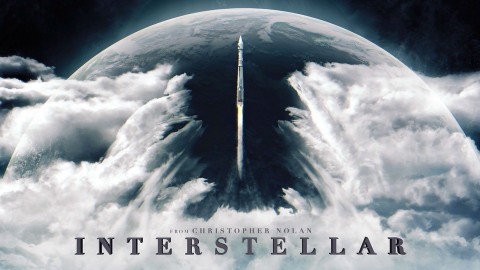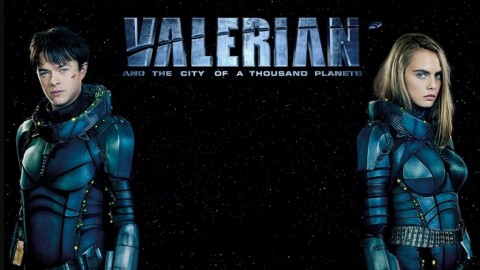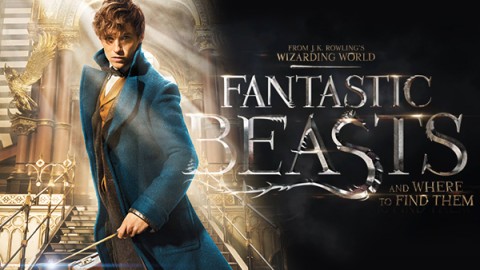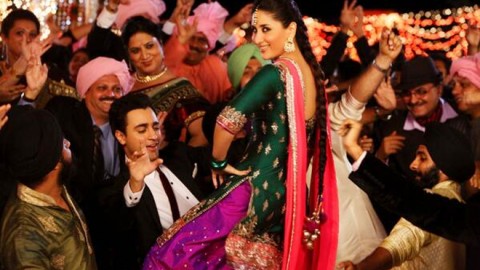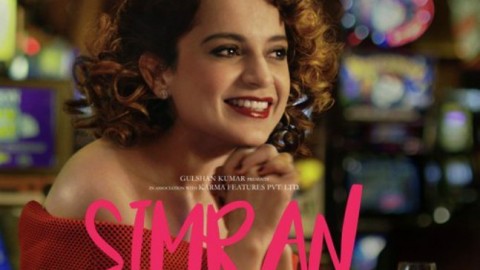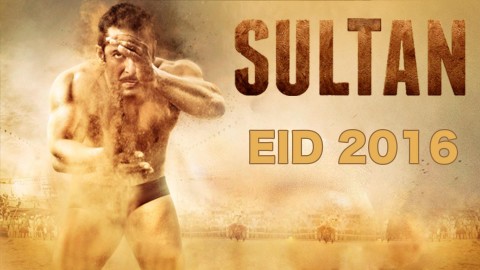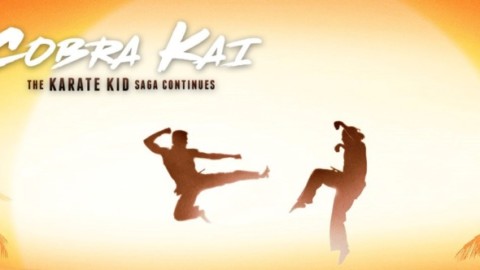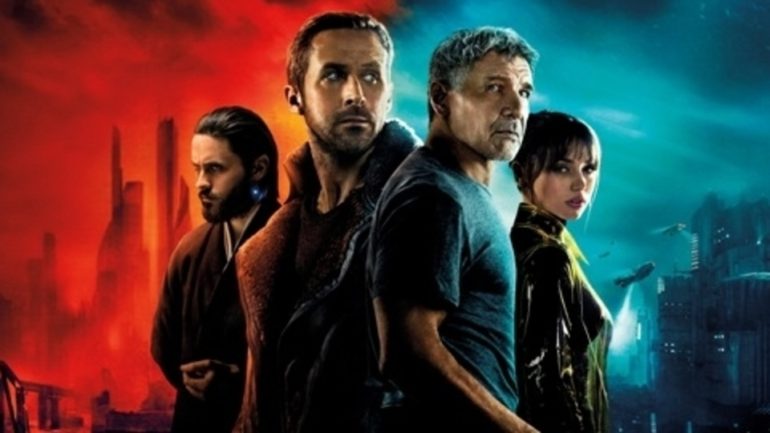 Genre: Action, Adventure, Sci-Fi, Drama
Genre: Action, Adventure, Sci-Fi, Drama
Director: Denis Villeneuve
Cast: Ryan Gosling, Harrison Ford, Ana de Armas, Slyvia Hoeks, Robin Wright, Mackenzie Davis
Runtime: 2h 43mins
It’s confession time, dear readers. I do not love Blade Runner. In fact I find it to be overrated and then some. I’ll freely admit that it’s been an extremely influential science fiction work and its noir-soaked depiction of a cyber punk future has been the starting point for cinematic storytelling in that vein for decades. It’s got merits but I find the real merits to be its amazing use of production design, special effects, and the establishment of an overall atmosphere. It has some big ideas, yes, but it doesn’t know what to do with them, neglecting them for a slapdash story with some so-so acting. RutgerHauer’s soulful yet doomed replicant should have been our central perspective. I wish I enjoyed the film more but I cannot attach myself without nagging reservation, and that’s not even accounting Ridley Scott’s numerous re-edits and the harebrained idea to imply that Harrison Ford was really a replicant after all even though that runs counter to the logic and themes of the film and Scott had to splice in unused unicorn footage from a movie he shot years later, thus proving this new twist ending was never part of anyone’s original story conceit.
Anyway, what I’m saying is that the 1982 Blade Runner was not going to be an impossible hurdle to clear as far as I was concerned. The sequel 35 years in the making, Blade Runner 2049, is a better and more accomplished film experience and film story than the original, and it’s also one of the best, most visionary movies of the year. Set in 2049, replicants have been shuttered and replaced with a new breed of android slave labor controlled by the enigmatic Niander Wallace (Jared Leto). He’s after a very special kind of replicant, one that will lead to even greater success, allowing mankind to reach further into the stars. Agent K (Ryan Gosling) is a blade runner who finds himself looking for this same special kind of replicant. He must find it before Niander does and his journey of self takes him right to the doorstep of retired blade runner, Deckard (Ford). Apologies for the frustratingly vague plot synopsis paragraph above, but I’m trying to keep things as relatively spoiler-free as possible because I think that will improve the overall viewing experience. In an age where trailers and TV advertisements tell us everything about a movie in a zealous attempt to get our butts in seats, I was genuinely surprised at significant plot beats that the 2049 advertising had successfully and deliberately kept under wraps. There are intriguing plot turns and character moments that I want to leave the reader to discover on their own. It will be worth the wait.
Director Denis Villeneuve (Incendies, Sicario, Arrival) has created a filmgoing experience that immerses you in feeling. Every set, every little corner, every minor character goes toward enriching this world and making it feel real, like we’re just dropping in for a visit. He builds off the iconography from Scott in the first film and creates a future that hypnotic and eerily beautiful, aided by the greatest living cinematographer, Roger Deakins. Seriously, if Deakins finally doesn’t win his long overdue Oscar for this, then the Academy is just never going to favor him. The visual landscapes of this movie are jaw dropping and the use of lighting is gorgeous. There’s a late sequence set in an irradiated Las Vegas where an orange fog hovers over the empty landscape of earthly pleasures. There’s a hiding sequence that takes place in a casino showroom, with holographic dancers and even Elvis fritzing in and out, static movements and bursts of sound. This is a gorgeous movie to simply take in and appreciate the sumptuous visual brilliance. Villeneuve has quickly become one of the best big screen visual artists we have today. Another wonderful hypnotic sequence is a threesome between K, a prostitute, and a virtual intelligence (V.I.) named Joi (Ana de Armas). Reminiscent of Spike Jonze’s Her, the sequence has one woman literally folded over another as hands caress, mouths kiss, and the whole sequence has an alluring disconnect during the physical intimacy.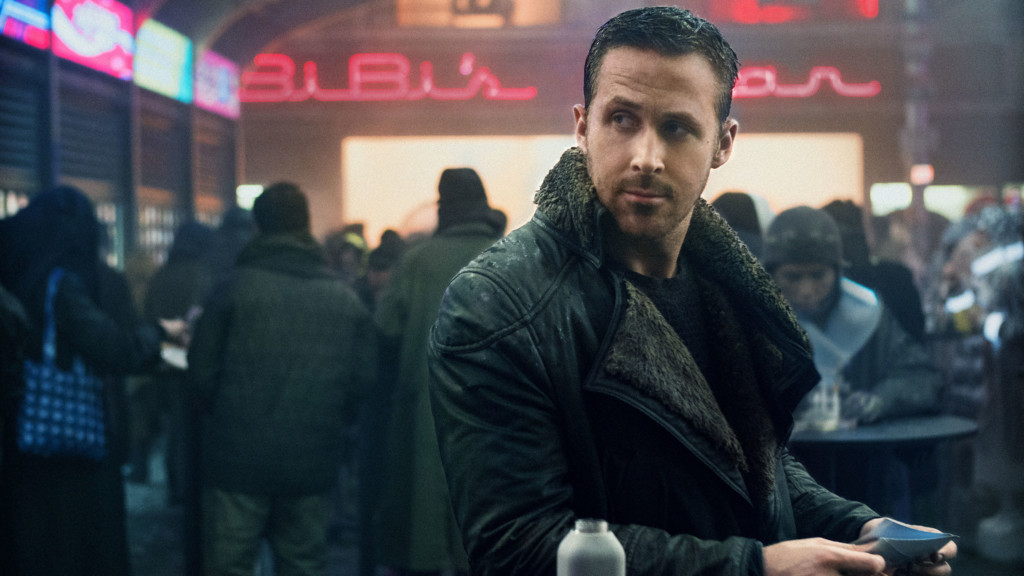
What separates 2049 and makes it better than the original is that here is a film that takes big ideas and knows what to do with them. This is an intelligent film that finds time to develop its ideas and to linger with them. This is a long movie (2 hours 43 minutes) and one that many will decry as boring. That’s because Villeneuve and screenwriters Michael Green (Alien: Covenant) and Hampton Fancher (Blade Runner) commit to allowing the movie time to breathe, and scenes can take on an elegant life of their own becoming something of stunning power. Take for instance a scene where K visits the women in charge of creating the false memories for replicants. Because of an autoimmune disorder, her life is behind glass, but she gets to create her own world to thrive in, and as we watch her fine-tune the memory of a child’s birthday party while K asks her questions over her work. He has questions over the validity of memories, and this opens up a deep discussion over the concept of self, authenticity, and ownership over memory, all while still being character-based. It’s lovely. It’s like somebody saw the potential of the original Blade Runner and added the missing poetry.
2049 is driven by a central mystery but it’s also an exciting action movie. The sequences are few and far between but when they do happen they too luxuriate in the extraordinary. The way the replicants are able to move again bring up that visual disconnect that can be so pleasing. A replicant-on-replicant fight is like a sci-fi superhero brawl. Dutch actress Sylvia Hoeks is our chief antagonist, Niander’s muscle on the outside. She might not have the languid magnetism of Daryl Hannah or playful philosophy of Hauer but she more than makes for a memorable and impressive physical force. The action and chase sequences are minimal, but when they do pop up Villeneuve doesn’t put the rest of the movie on pause. The characters are still important, the story is still important, and Deakin’s visual arrangements are vastly important.
2049 is a movie at its best when its still and meditative, savoring the moment, but it can also quicken your pulse when called. Gosling (La La Land) is uniquely suited for this character. His taciturn nature is essential to his character. This is a man going from day to day. His only emotional attachment is to Joi, the V.I. projection, and even that relationship is called into question knowing she is a product meant to serve. This relationship is given a healthy dose of ambiguity so that an audience never fully knows whether Joi genuinely cares or is just following the dictates of her programming. Gosling provides a quiet yet impactful turn as a man searching for answers. Another aspect lovingly recreated is the trance-inducing synth score from Vangelis, this time cranked up all the way to eleven by composers Hans Zimmer and Benjamin Walfisch. It comes in like waves, it’s omnipresent and oppressive and it’s so freaking loud.
Blade Runner 2049 is one of those rare sequels that not only justify its existence but also improve upon its predecessor (again, not the biggest fan of Scott’s movie). It’s reverent to the older film and its film legacy while still charting a path all its own that it can stand upon. It takes a far more interesting narrative perspective to jump forward, possibly serving as a corrective to the original. I was fully engaged from the start as it challenged and entertained me to its concluding image of snowfall (oh no, spoilers!). This is a long movie but your patience pays off and then some. This is a deeper dive into the themes of author Phillip K. Dick and a better development of them. Villeneuve has created a thoughtful, mature, exciting, and absorbing work of art that will stand the test of time.
My Verdict
My Ratings
4.5
It won't be as monumentally influential as the original Blade Runner but it is the better movie, and right now, in 2017, that's a much more important factor for me as a viewer.

